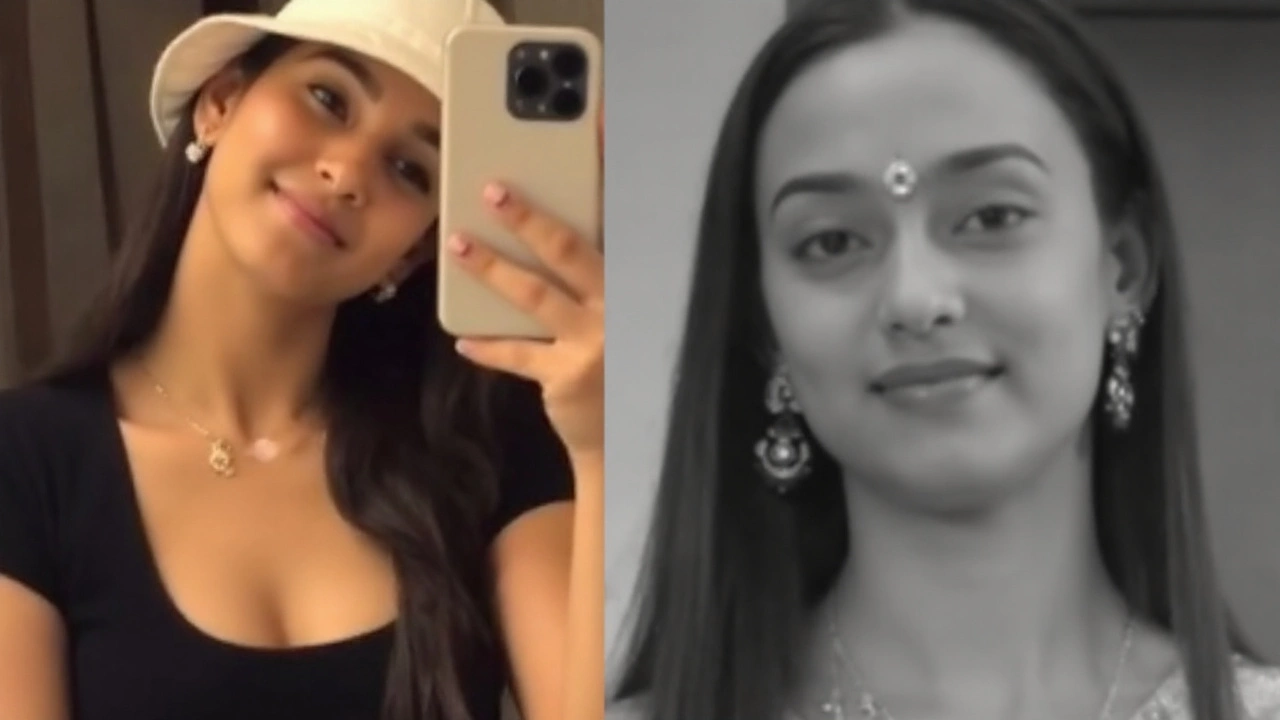Tennis Academy Dispute: Causes, Impact, and Fixes
If you’ve ever signed up for a tennis academy, you expect top‑level coaching and smooth operations. But disputes crop up more often than you think. From contract leaks to coaching methods, the friction can hurt a budding player’s confidence and waste money.
Why Do Disputes Start?
Most arguments begin with unclear agreements. Many academies hand out generic brochures that skip the fine print. When fees rise or extra charges appear, parents feel blindsided. Another hot spot is training style. A coach might push a player too hard, leading to injury claims or claims of unfair treatment. Lastly, scheduling messes—like last‑minute cancellations—can disrupt a player’s routine and spark complaints.
How to Handle a Tennis Academy Dispute
First, gather everything: contracts, receipts, emails, and any medical reports. Having a clear paper trail makes the next steps easier. Talk to the academy’s manager calmly. Explain the issue, reference the exact clause or promise, and suggest a solution—maybe a refund, a make‑up session, or a coaching adjustment.
If the manager doesn’t budge, ask for a written response. A written record shows you gave them a chance to fix things. Some academies have a grievance committee; use it if it exists. When internal routes fail, consider a neutral third party—like a sports mediator—who can weigh both sides without going to court.
Legal action should be a last resort because it’s costly and time‑consuming. However, if there’s clear negligence—say, a coach ignored a medical warning and caused an injury—consult a sports‑law attorney. They can advise whether a lawsuit is worth pursuing.
For parents, it helps to stay involved. Attend meetings, watch a few training sessions, and ask the coach about the player’s progress. Showing interest often prevents misunderstandings before they turn into disputes.
Players can also protect themselves by keeping a training diary. Note what drills were done, how they felt, and any injuries. This documentation can back up a claim if the coach’s methods become a problem.
Academies benefit from clear policies. They should publish a detailed fee schedule, a cancellation policy, and a safety protocol. When these documents are easy to find, both sides know what to expect.
In the end, most disputes settle when both parties communicate openly and focus on the player’s best interests. A little patience, proper paperwork, and knowing your rights go a long way.
Remember, a tennis academy is supposed to help you improve, not add stress. If a disagreement arises, treat it like any other service issue: be factual, stay calm, and keep records. With the right approach, you can get back on court faster and keep enjoying the game.

Radhika Yadav Murder: Why the Family’s Silence Is Raising More Questions Than Answers
The killing of 25‑year‑old tennis player Radhika Yadav by her father in Gurugram has sparked a storm of contradictions. Police findings clash with the father's confession, while the family's quiet stance fuels speculation. Investigators are now combing through deleted phone data and timing gaps to piece together what really happened.